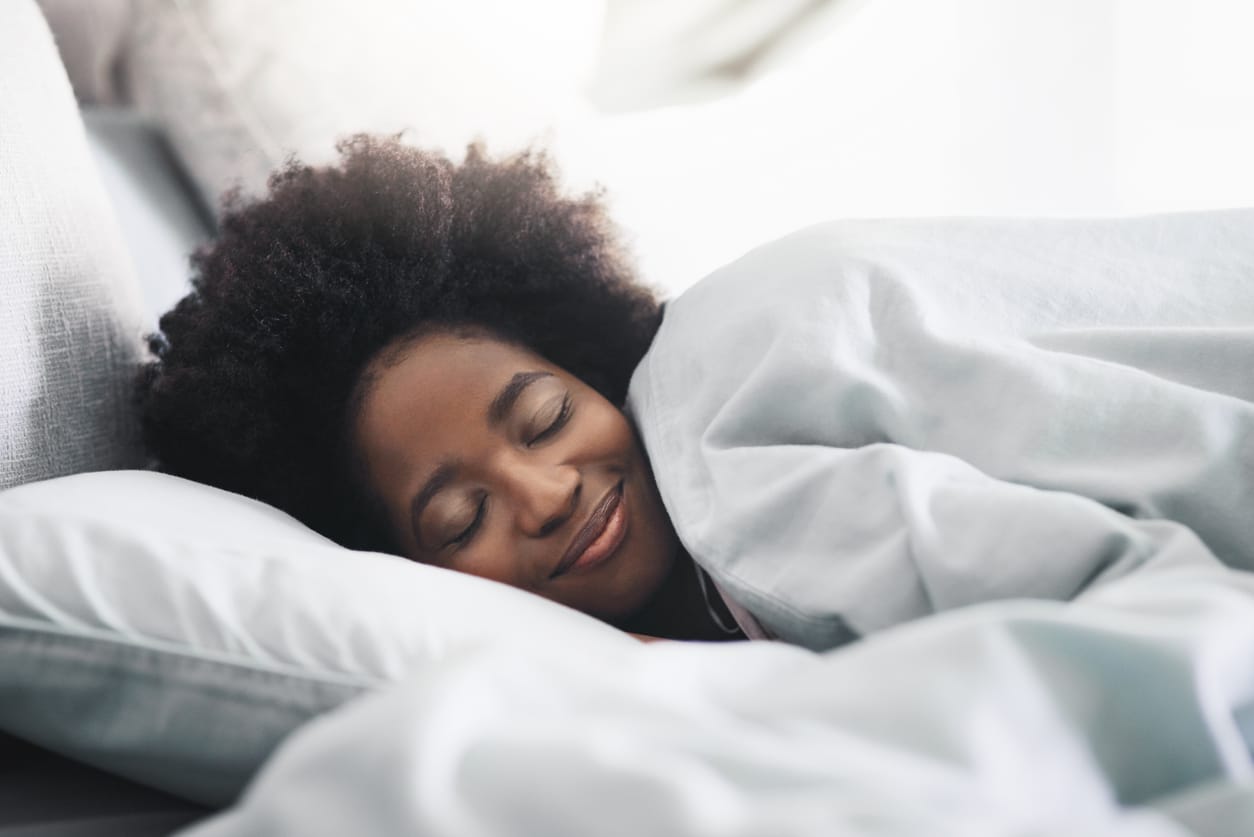
We know that good sleep is good for your health. However, a missed night of sleep is all too common. It might be a typical experience for young people, new parents, and busy adults. While sometime’s it’s because we’re out having fun (New Year’s Eve!) and other times it’s because you must (an infant in the house), the end result of a sleepless night is the same: Your body has been deprived of an essential component for good health.
The rule of thumb that we’ve all heard is that adults need seven to nine hours of sleep a night. However, nearly 30 percent get less than six and some occasionally miss an entire night of sleep. This results in a slowly accumulating sleep deficit that can affect your your immune system and even the way your brain functions.
Fluid Accumulation
Many of us wake up, look in the mirror, and then spend the first part of our morning “putting ourselves together.” Puffy eyes and a pasty complexion aren’t ideal. But your appearance can be affected when you don’t get enough zzzs. Missing a an entire night can cause the well-known puffy eyes, which is the result of fluid accumulating below your eyes, leading to circles and swelling.
Overeating
A lack of sleep changes the way your body interprets hunger signals. This leaves us with cravings that can be hard to control. In fact, women who get five hours or less a night are 15 percent more likely to become obese during the next decade.
Feeling Unfocused
Missing a night of sleep increases the likelihood that you will feel forgetful or experience slow reaction times. This result in small mistakes like forgetting an appointment or typos on a work presentation. The greater consequence could be something as severe as impaired driving. You get the picture.
Common Cold
An itchy, drippy nose is another potential side effect of a missed night of sleep. Yep. It might not be allergies. Your immune system is telling you something, so it’s time to listen. When your immune system is compromised by months or years of poor sleep quality, you may be more susceptible to colds.
Getting Good Sleep
So if quality sleep is good for your health, how do you improve the quality of your sleep? Here are some tips.
- Keep a tidy bedroom. Walking into a clean, cool, peaceful bedroom can make bedtime a more enjoyable experience than if the room is disorganized or too warm.
- The amount of time it takes to go from being awake to going nighty-night changes from person to person. To shorten the amount of time it takes to drift off, follow a consistent pre-sleep routine that might include such rituals as taking a bath, reading a book, dimming the lights, and listening to soft music.
- Taking a short nap when you’re feeling low-energy can give you the boost you need. As long as your overall energy level remains high during most of the day, your sleep satisfaction will likely be higher.
Sweet dreams!
If you would like to schedule a primary care appointment or speak with a provider about health issues that could be preventing you from getting good quality sleep, click here.






